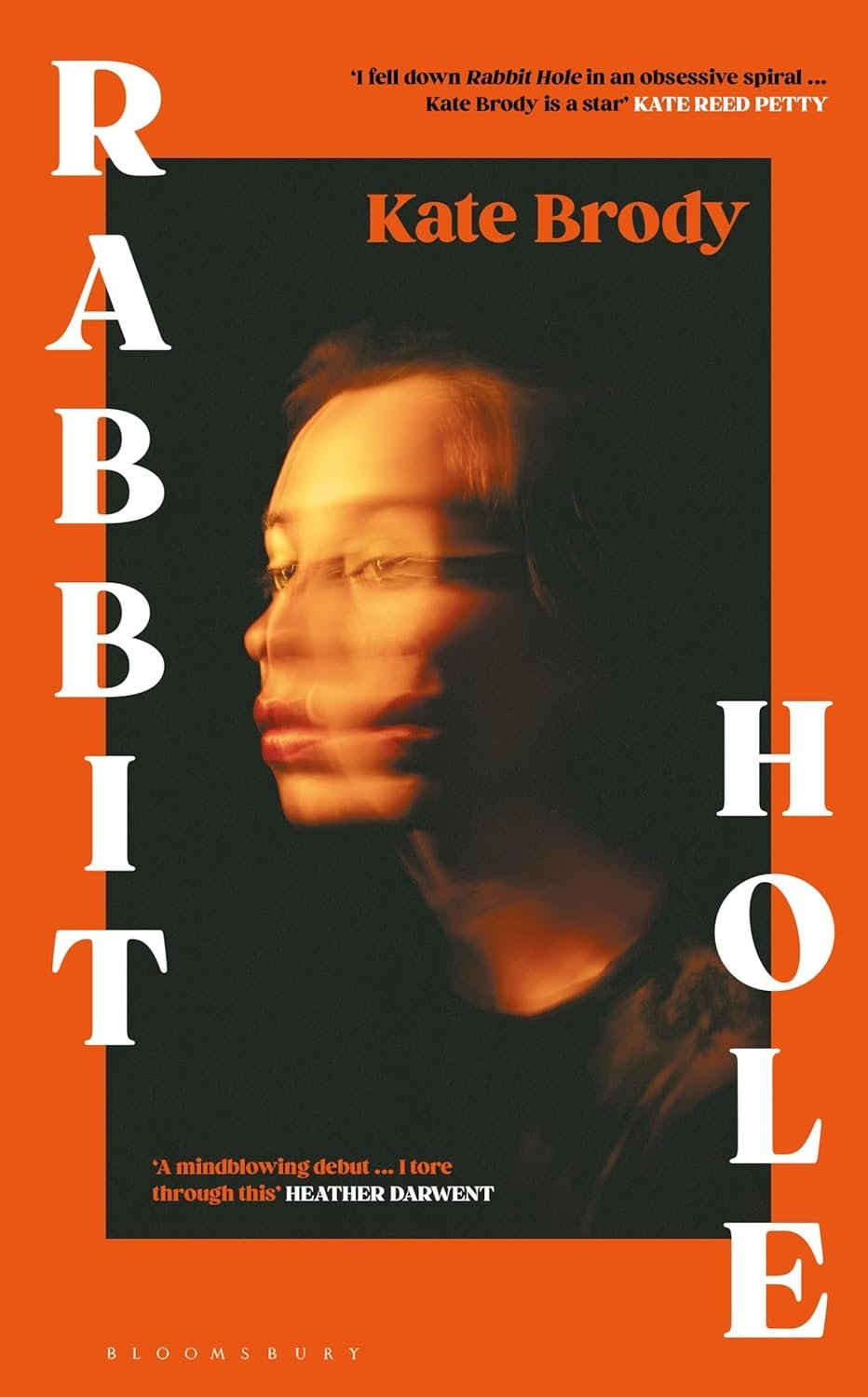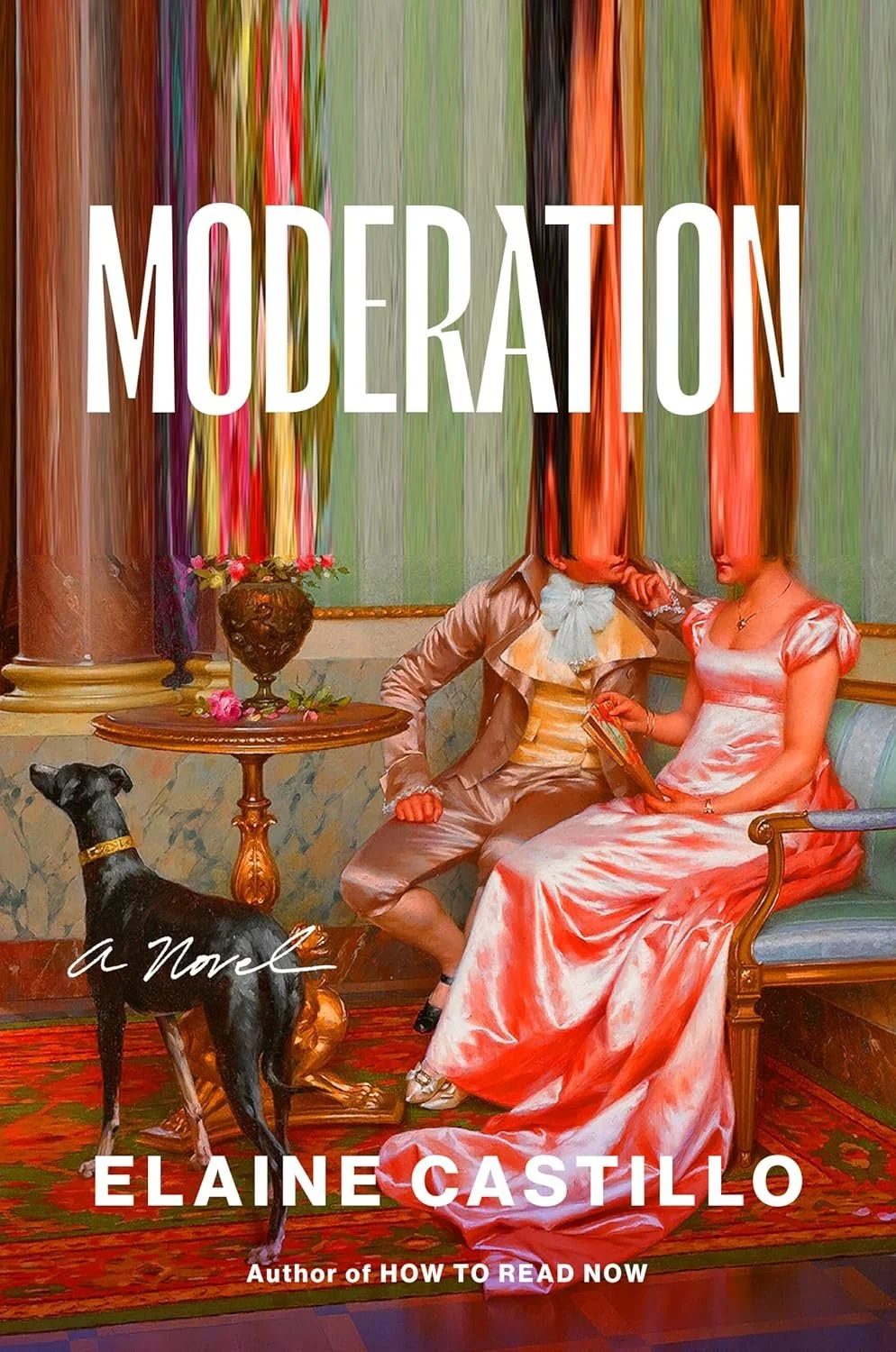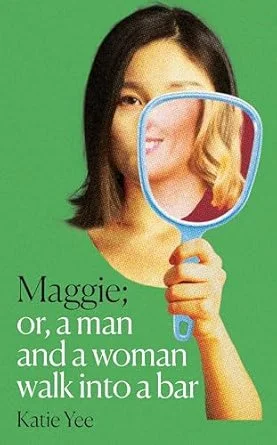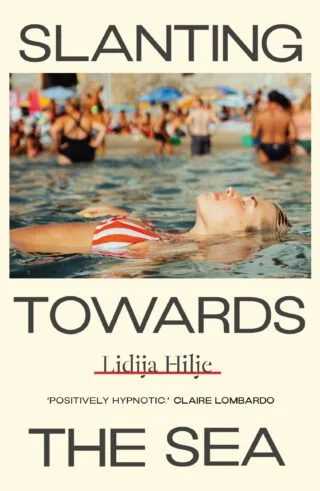A Conversation with Kate Brody
Image Credit: Annabel Graham
First, I’d love to know more about your writing process. How did you find the experience of writing and then promoting a debut novel? I also read that you spent more time on the editing process than writing, and I’d love to know more about that and your thoughts on the importance of editing, which sometimes gets overlooked!
Writing a first draft—when the project is all potential—is always the most fun. But editing is where the real writing happens. I find editing alternately excruciating and immensely satisfying. When all the parts of the book that felt impossibly messy start to click into place… there’s nothing like it. Promotion is a different beast, and I’ve found that promoting a book really does get in the way of writing. Right now, a couple months out from the publication date, I’m starting to dial the promotion back and get back into my usual writing routine, and I feel great. Like myself again.
What was the spark of interest or intrigue that began the process of building the plot of Rabbit Hole?
I wanted to both tell a story of a family in grief and examine the way we live our lives online these days. So, for that story, a crime novel setup (missing girl, subreddits devoted to discovering what happened to her) worked well. I think I work more like a literary writer than a crime writer, so I always have to force myself to pay attention to the plot. I can get lost in a sentence or a description. Starting with Mark’s suicide on page one was my way of keeping myself accountable on that front.
Rabbit Hole explores some dark sides of the internet, particularly Reddit, and I’d love to know whether your own experience, knowledge and understanding of these platforms changed during the research and writing of your book?
I was definitely wary of social media when I set out to write the book. I had eschewed it for years, on the suspicion that I didn’t have the right sort of temperament to cope with that much noise. In writing the book, I think I came around to the idea that the internet is a tool, one that can be used for positive aims (building community and sharing information) as well as negative (harassment, conspiracy, etc.). Ironically, writing the book forced me to get more online for its promotion, and I do find that social media of all forms is antithetical to reading and writing. There are nice parts of Instagram and Twitter where readers post recommendations and reach out (nicely) to their favourite authors, but even that is a massive distraction when I’m trying to write and read. I have felt my attention span dwindling, and I have begun to scale back for the sake of regaining some sense of focus.
How did you approach the challenge of translating the modern world and the internet convincingly into the form of the novel? Did any authors inspire you on this?
There are so many authors writing about the internet in ways that inspire me: Lauren Oyler, Allie Rowbottom, Patricia Lockwood, and Bea Setton, among them. I feel like I cheated a bit in that Reddit is relatively to translate to the page. It’s entirely text-based (rather than image- or profile-based), and so it lends itself nicely to inclusion in the novel. I thought a lot about voice and how to capture the cacophony of voices you find on the internet into a novel. That part was fun. A craft challenge.
The intricacy and character-focus of Rabbit Hole gives it the feel of literary fiction, but it also straddles crime fiction and thriller. Could you tell us a little more about your approach to genre and whether this changed as you were writing?
I read more literary fiction than crime fiction, but I love them both. And, honestly, those distinctions feel arbitrary to me. I wanted to play with (and subvert) the genre conventions of a crime novel, but sentences, character, voice… these things will always be my concerns, despite the subject matter. When I finished a first draft, my editor, the incredible Allegra le Fanu at Bloomsbury, helped me immensely. With her guidance, I was able to shape the book into something tighter and more propulsive. I love a thriller like Berlin or Mouth to Mouth or Intimacies, where the tension exists more on the line level than the plot level.
If you don’t mind me saying, you write an incredible sex scene! As something notoriously difficult to write, how was your experience with this? Do you enjoy writing sex scenes and how do you approach them?
I love writing sex scenes. I am a big fan of letting my characters exist in their bodies, and sex scenes are a great way to explore a character’s relationship to their body, their relationship to another person, and their relationship to another person’s body. I taught a workshop recently where we thought about sex scenes the way you would think about dialogue. Sometimes two people are connecting through dialogue, and sometimes they are talking past one another. If you treat those scenes like scenes of connection and conflict, you can get a lot of mileage out of them. I also feel like there are so many kinds of sex (bad sex, awkward sex, hate sex, business sex) that just don’t appear in literature, and that’s exciting to me. What can I say that feels fresh and new, even if it’s a single image?
‘ANOTHER VOTE FOR DAD DID IT,” writes one commenter in the Reddit group.’
Rabbit Hole
I found that some of the most poignant moments of the novel are your explorations of how anonymous people online have such fervent opinions on something they have no real knowledge of. What are your thoughts on what seems to be a growing fascination with true crime and the increase of ‘armchair detectives and psychologists?’ Did you find yourself getting angrier at people’s ability to anonymously comment on other people’s lives and do you think it’s just an aspect of life we have to deal with now?
I am increasingly troubled by this phenomenon. I worry not only about its ostensible victims (in the book, Teddy and her family), but also by what it does the commentor’s own humanity. I think it’s corrosive to the spirit to treat people like they exist for your own amusement and judgment. I really do worry that the internet has estranged us from our own humanity in that regard. I sound a billion years old.
What’s the best writing advice you’ve ever received?
Just today I was reading a craft lecture that Zadie Smith gave in 2008, and everything in it is gold. It’s called ‘That Crafty Feeling,’ and it was so energizing and down-to-earth. I really recommend seeking it out at The Believer. In general, I like very specific tips, but I am suspicious of broader writing advice. Hannah Tinti once told me not to let my characters cry until I was sure my readers would cry, too, and I think about that a lot. And I often return to E.L. Doctorow’s famous ‘Writing is like driving at night in the fog. You can only see as far as your headlights, but you can make the whole trip that way.’
And lastly - a question we ask all authors - do you judge a book by its cover?
Of course! Don’t we all? There is nothing sadder to me than when a great book gets a terrible cover. I was so lucky with Rabbit Hole. Both my covers are lovely, but the UK one in particular… dreamy.
Rabbit Hole by Kate Brody is out now (Bloomsbury Publishing, Hardback, £16.99)
Editorial Picks





